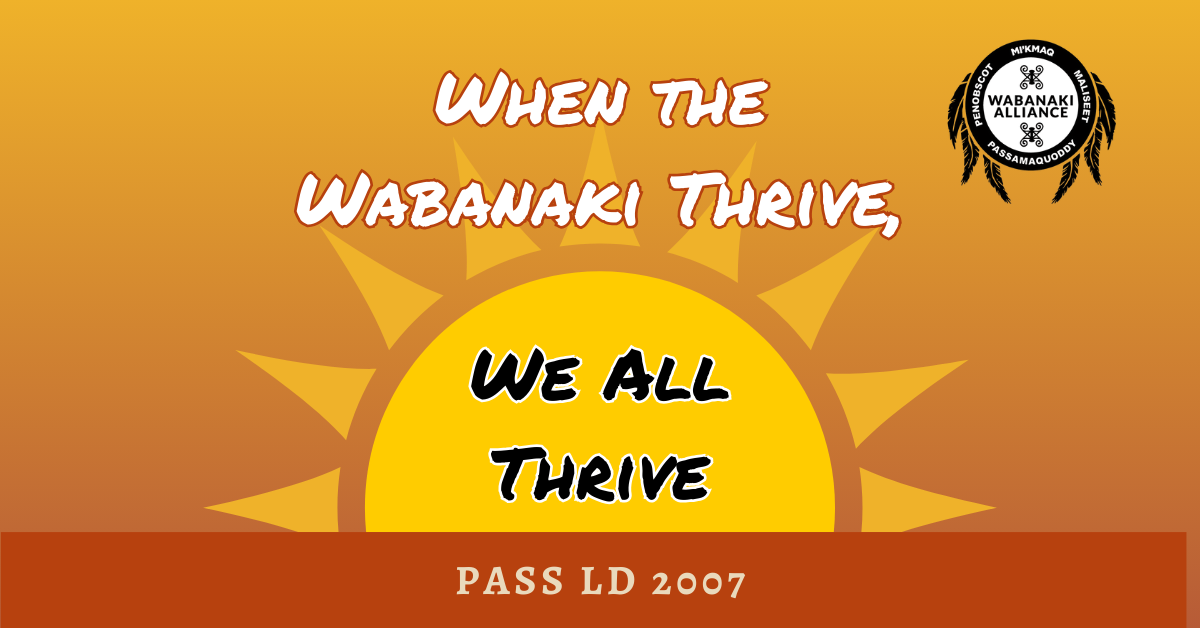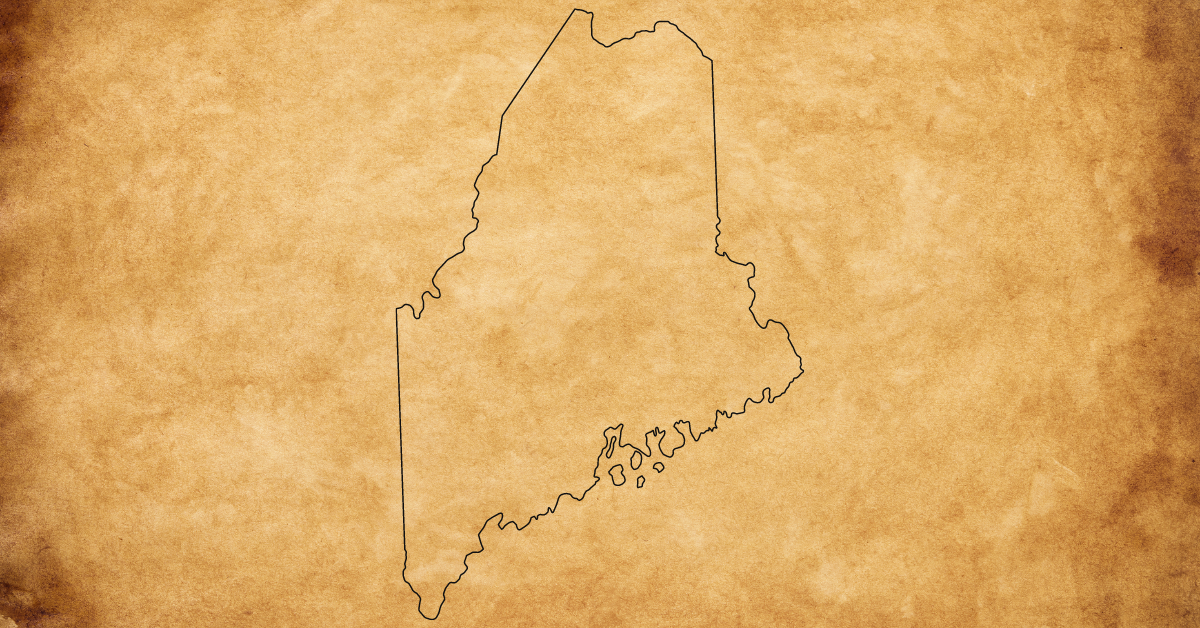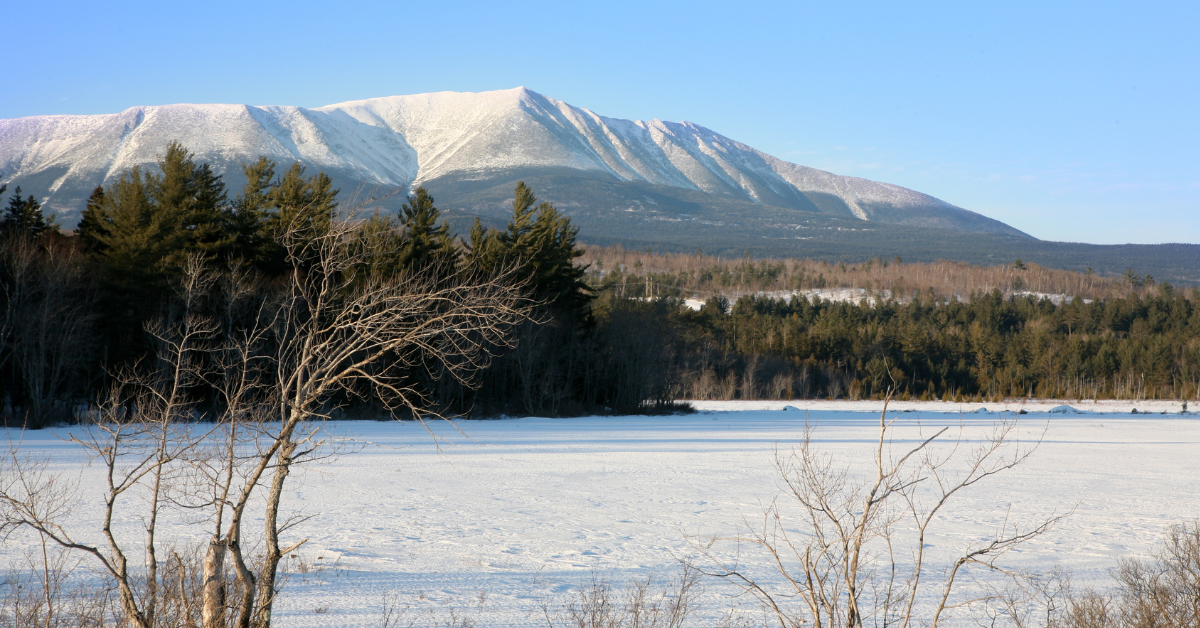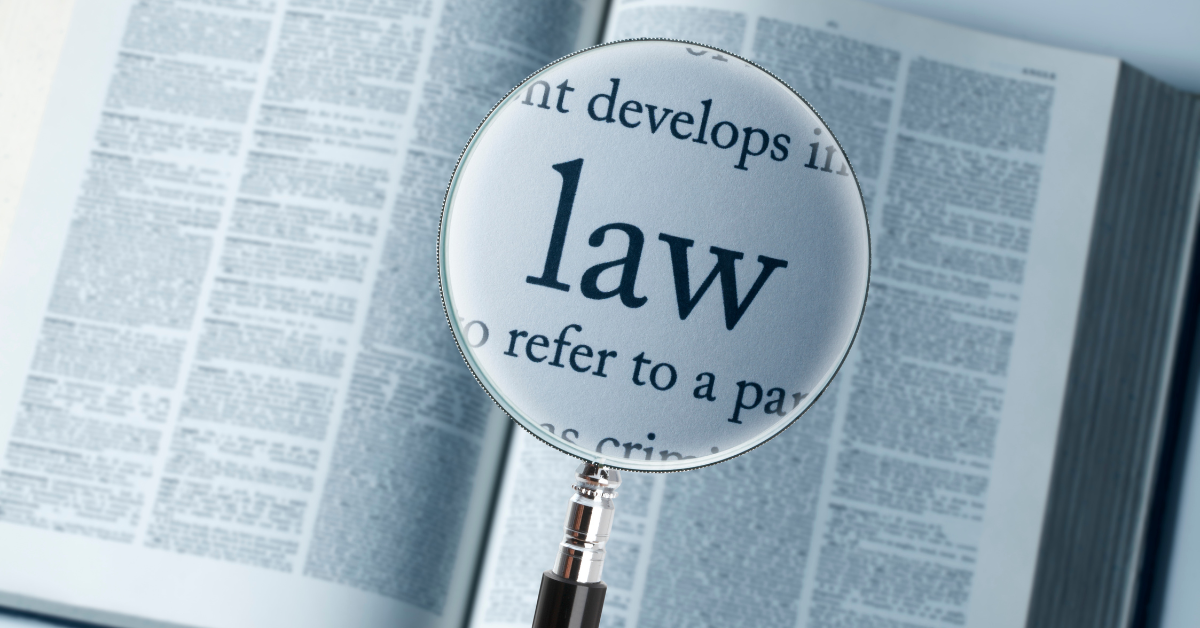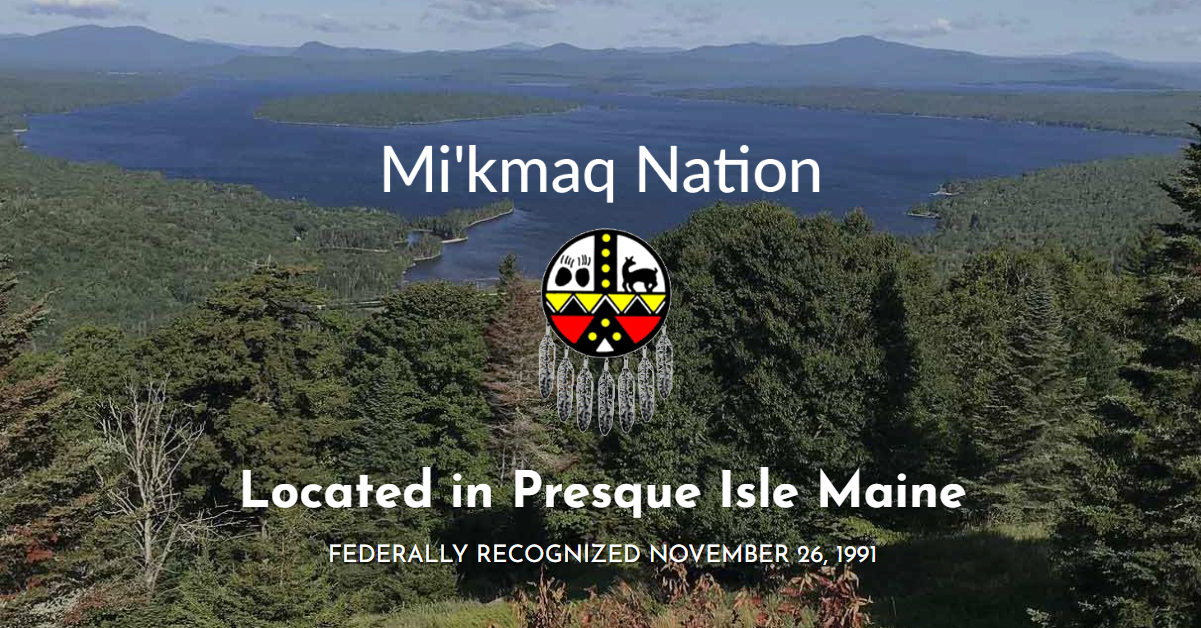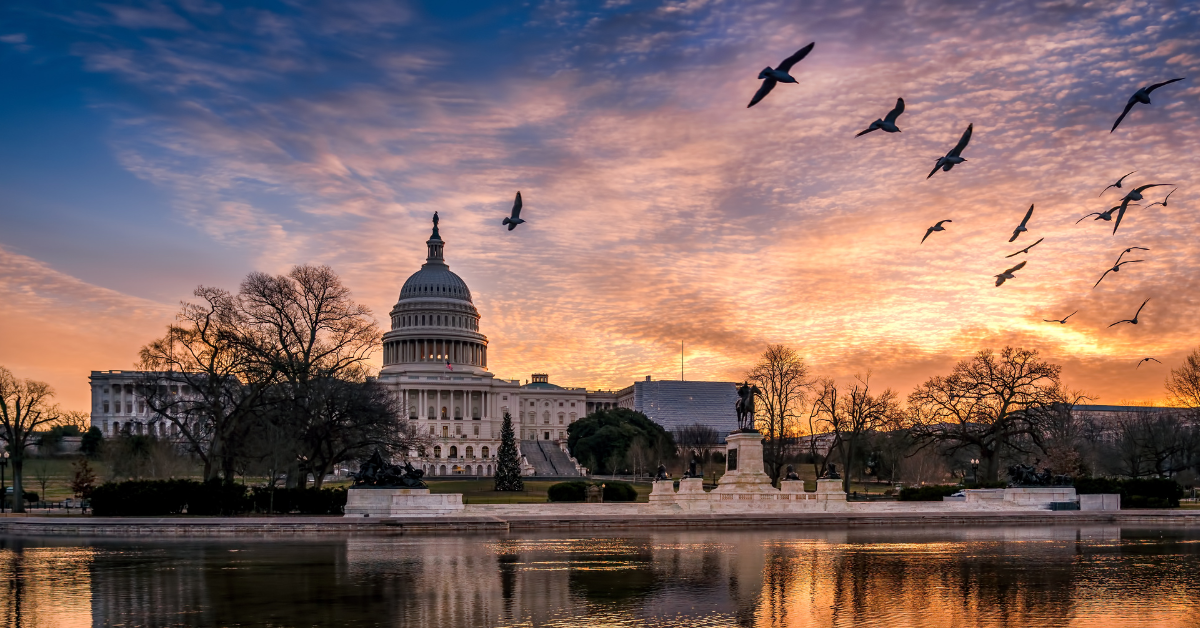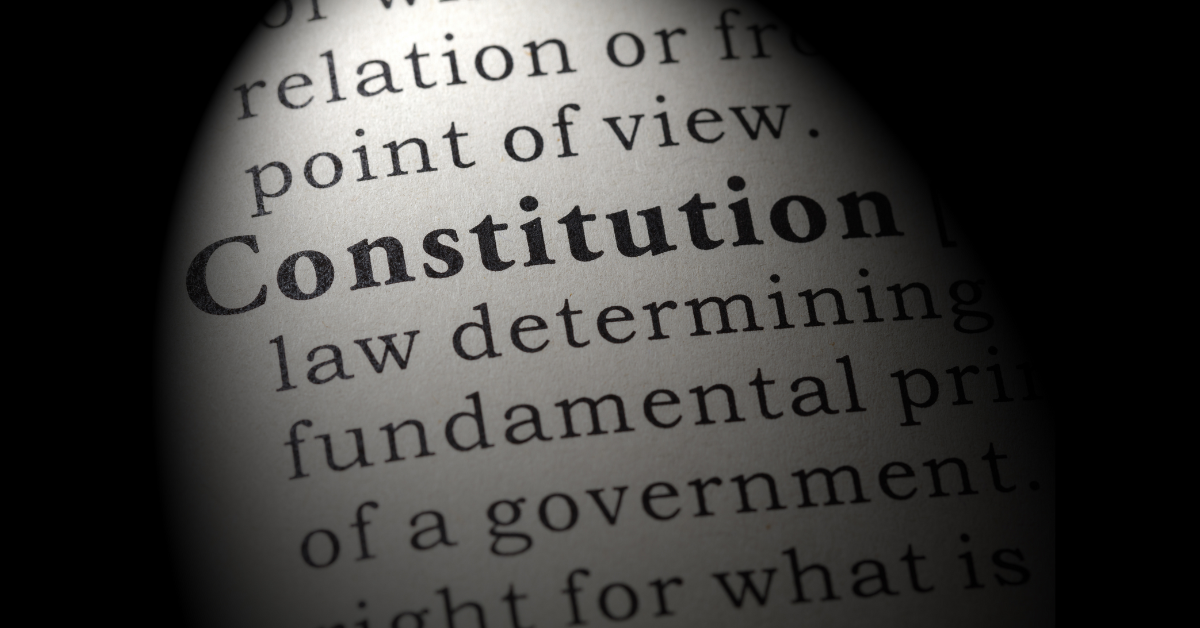Wabanaki Alliance Legislative Testimony
In Support of LD 2007: Restoring Wabanaki Self-Determination
From testimony submitted February 26, 2024 by John Dieffenbacher-Krall, Executive Director of the Wabanaki Alliance, in support of LD 2007, An Act to Advance Self-determination for Wabanaki Nations
Lets replace state control with Wabanaki self-determination, suspicion with trust, and poverty with prosperity. Let us in 2024 nally realize the promise of the Maine Indian Claims Settlement Act, not solely resolving a land claim but forging a new relationship between i Wabanaki Nations and the State of Maine marked by respect for each governments right to self- determination in law and political relations.
In Support of LD 1667: Changing Place Names
From testimony submitted February 6, 2024 by Osihkiyol Crofton-Macdonald, Tribal Ambassador for the Houlton Band of Maliseet Indians and Board Member of the Wabanaki Alliance, in support of LD 1667: An Act Regarding Recommendations for Changing Place Names in the State.
Right now, the process for addressing problematic place names in Maine is confusing and cumbersome. The creation of an office to oversee place name changes and to help citizens navigate this process is a necessary first step to help citizens create meaningful change in their communities.
In Support of LD 1349: Sacred Lands and Waterways
From testimony submitted January 22, 2024 by John Dieffenbacher-Krall, Executive Director of the Wabanaki Alliance, in support of LD 1349 An Act to Review State Lands and Waterways That Have Sacred, Traditional or Other Significance to the Wabanaki People.
Prior to European exploration and subsequent claims to this territory all the land within what we recognize today as the State of Maine was Wabanaki land. A movement has been growing within this state to acknowledge Wabanaki connection to the land and to recognize the Wabanaki inherent right to self-determination to manage and steward these lands as the Wabanaki Nations have done for thousands of years.
In Support of LD 2001: African American Studies in Maine
From testimony submitted January 11, 2024 by John Dieffenbacher-Krall, Executive Director of the Wabanaki Alliance, in support of LD 2001 An Act to Establish the African American Studies Advisory Council and Require Funding for African American Studies.
We need to strengthen the teaching of history to ensure Maine students have a broad understanding of it enabling them to relate to a world in which individuals and peoples formerly actively oppressed are more visible and rightfully claiming the same rights enjoyed by more privileged groups among us. A more robust, complete history curriculum in Maine schools will also enable Maine students to recognize differences of political status, race, ethnicity, gender and many other categories as something to acknowledge that enriches and strengthens us, not something to fear, ridicule, or attack.
In Support of LD 1835: Tribal Nations Notification of New Laws
From testimony submitted January 10, 2024 by John Dieffenbacher-Krall, Executive Director of the Wabanaki Alliance, in support of LD 1835, An Act to Require the State to Notify Indian Tribes and Indian Nations When New Laws Are Enacted That Need to Be Certified.
The approval or rejection by Wabanaki Nations of laws enacted by the State of Maine that “expressly references or applies” to one or more Wabanaki Nations should be absolutely clear and not subject to possible dispute. Any process or requirements established by the State of Maine to delineate the manner of approval should fully respect Wabanaki sovereignty and not involve the State of Maine dictating to Wabanaki Nations thereby perpetuating colonial aspects of the relationship.
In Support of LD 1642: Wabanaki Studies in Maine Schools
From testimony submitted January 9, 2024 by John Dieffenbacher-Krall, Executive Director of the Wabanaki Alliance, in support of LD 1642 An Act to Strengthen the Teaching of Wabanaki Studies in Maine Schools.
LD 1642 is a thoughtful response to the deficient implementation of Wabanaki Studies in the State of Maine… The poor implementation of this law has resulted in depriving an entire generation of Maine students with the knowledge they need to relate with their Wabanaki neighbors and more generally with the estimated 370 million Indigenous People in the world. The original need for this law remains as relevant to Maine today, to provide Maine students with a more accurate, comprehensive, and in-depth understanding of the Wabanaki Nations.
In Support of LD 1620: The Mi'kmaq Restoration Act
From testimony submitted June 6, 2023 by John Dieffenbacher-Krall, Executive Director of the Wabanaki Alliance, in support of LD 1620, An Act to Enact the Mi’kmaq Restoration Act.
One of the starker inequities in the State of Maine’s relationship with the Wabanaki Nations has been the applicability of restrictive provisions of the Maine Indian Claims Settlement Act to the Mi’kmaq Nation without the Mi’kmaq Nation enjoying provisions that recognize and enhance their right of self-determination. This situation has persisted for decades. LD 1620 would rectify several of those inequities by making some of the provisions of the Maine Implementing Act (M.R.S. Title 30, Chapter 601) applicable to the Mi’kmaq Nation.
In Support of LD 1970: Maine Indian Child Welfare Act
From testimony submitted June 5, 2023 by Sage Phillips, a citizen of the Penobscot Nation and a Fellow with the Wabanaki Alliance, in support of LD 1970, An Act to Enact the Maine Indian Child Welfare Act.
Currently, we await the pending review of the Indian Children Welfare Acts’ constitutionality in the Brackeen vs. Haaland case by the U.S. Supreme Court. Should it be overturned, our children will need support and protections in place that allow our people to continue to heal from intergenerational traumas. Enacting LD 1970 would place the State of Maine alongside 12 other states that have codified protections surrounding the ICWA on the state level and continue to protect our Wabanaki sovereignty, culture, and people.
In Support of LD 2004: Restore Access to Federal Laws
From testimony submitted March 31, 2023 by John Dieffenbacher-Krall, Executive Director of the Wabanaki Alliance, in support of LD 2004, An Act to Restore Access to Federal Laws Beneficial to the Wabanaki Nations.
This legislation begins, albeit incrementally, placing the tribes on a road to a more prosperous future for their communities and the areas around them as well. Because the tribes have not been able to access approximately 151 federal Indian beneficial laws since 1980 due to the rigidity of Settlement Act, they have been left behind while other tribes across the country prosper. Passing this legislation will be a small step towards fair and equitable treatment of the tribes in Maine compared to the other 570 federally recognized tribes across the country.
In Support of LD 1115: Federal Economic Development Funds
From testimony submitted March 28, 2023 by John Dieffenbacher-Krall, Executive Director of the Wabanaki Alliance, in support of LD 1115, An Act to Regarding Economic Development Funds for Federally Recognized Indian Tribes.
The bill would allocate 10% of the available funds in the Community Development Block Grant Program to be provided on an equitable basis to the federally recognized Indian tribes in this State. Dedicating a stable source of revenue to Wabanaki Nations for economic development would benefit them and the surrounding Maine communities. Wabanaki Nations have suffered suppressed economic development as documented in the report Economic and Social Impacts of Restrictions on the Applicability of Federal Indian Policies to the Wabanaki Nations in Maine.
In Support of LD 78 and LD 578: Amending Article X
From testimony submitted March 7, 2023 by John Dieffenbacher-Krall, Executive Director of the Wabanaki Alliance, in support of LD 78, RESOLUTION, Proposing an Amendment to Article X of the Constitution of Maine Regarding the Publication of Maine Indian Treaty Obligations, and LD 578 RESOLUTION, Proposing an Amendment to the Constitution of Maine Concerning the Publication of Maine Indian Treaty Obligations.
Omitting the printing of Article X, Section V of the Maine Constitution deprives people from knowing that the State of Maine pledged as a condition of statehood to “assume and perform all the duties and obligations of this Commonwealth, towards the Indians within said District of Maine, whether the same arise from treaties, or otherwise;.” At the most basic level, these bills would make our Maine Constitution more transparent increasing the likelihood current and future residents of this state do understand the obligations of the State of Maine to the Wabanaki Nations.
Read the full testimony»
In Support of LD 294: Baxter State Park Authority
From testimony submitted February 13, 2023 by Maulian Dana, Penobscot Nation Tribal Ambassador of President of Wabanaki Alliance in support of LD 294, An Act to Include a Tribal Member in the Baxter State Park Authority.
Over the last few years we have seen tribal state relations make a lot of progress. Good progress. We have some work to do still to have all aspects of our sovereignty recognized and understood but we have come a long way. Part of that progress has been efforts to increase collaboration between the state and tribal nations and have seats on various boards and commissions for tribal citizens. I see this bill as another step in the right direction and following this trend. The Baxter State Park Authority is a very natural fit for Indigenous wisdom, life experience, stewardship mindset, and the sacred responsibility that we feel when making decisions in our homeland.
Read the full testimony»
In Support of LD 25: Access to State Parks
From testimony submitted January 25, 2023 by John Dieffenbacher-Krall, Executive Director of the Wabanaki Alliance, in support of LD 25, An Act to Provide Indigenous Peoples Free Access to State Parks.
The Wabanaki Alliance perceives this bill as recognizing that historical reality and in some small but meaningful way having Maine State Government acknowledge the Wabanaki connection to creation, in this context state-owned parks or historic sites managed by the State. Honoring the Wabanaki connection to creation, to all of the Wabanaki’s relations, signifies Maine State Government’s respect for the Wabanaki worldview and the unique connection that the Wabanaki have to this place called Maine.
Read the full testimony»

